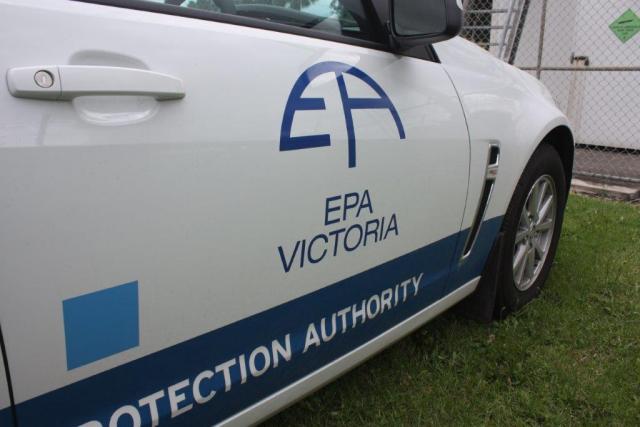Drones already have a wide array of uses and checking for fire hazards is about to be another one.
EPA Victoria will use drone flyovers this summer to check that waste and resource recovery businesses throughout the north west region are doing all they can to prevent fires breaking out.
As summer temperatures rise, so does the potential for fires at facilities that store waste materials.As part of its Fire Prevention Program, the EPA plans to operate random flyovers using drones and thermal imaging technology to check for hot spots, ensure waste piles are being properly managed and fire risks have been reduced.
“We’ve seen in the past that fires at waste and recycling facilities are potentially devastating,” EPA Acting Executive Director Operations Rachel Gualano said.
“They represent an unacceptable risk to Victorians, the environment and industry, and could result in clean-up costs in the millions of dollars.
Our summer Fire Prevention Program will target high risk sites in the north west and around the state with inspections by our officers from the ground and in the air using our Remotely Piloted Aircraft Systems (RPAS) drone team.
We’re sending a message to waste and recycling operators; there’s no excuse for failing to properly manage their fire risk and if they haven’t or won’t, EPA will use its powers to enforce compliance with the regulations.”
Between November 2022 and October 2023, 380 fire prevention inspections of waste and recovery facilities were conducted. EPA fined five facilities, issued 117 remedial notices, four official warnings and gave advice on 400 occasions.
In addition, there are six active prosecutions against facilities where fires occurred because taken the preventative measures had not been taken.
The EPA claims that despite regular contact, its teams found up to 60% of operators were not fully complying with environmental regulations in some way.
Some of the hazards and unsafe practices found include the improper management and storage of combustible and recyclable waste, failing to identify risks on site and inadequate maintenance of fire suppression equipment.
In some cases compliance advice for minor breaches were given, but for the more serious hazards and for failure to maintain controls in good working order, legally enforceable orders have been issued.
“When EPA says it has zero tolerance to fire hazards, we mean fire is not an option,” said Ms Gualano.
Form more information visit: www.epa.vic.gov.au/for-business/find-a-topic/waste-and-recycling/fire-prevention







